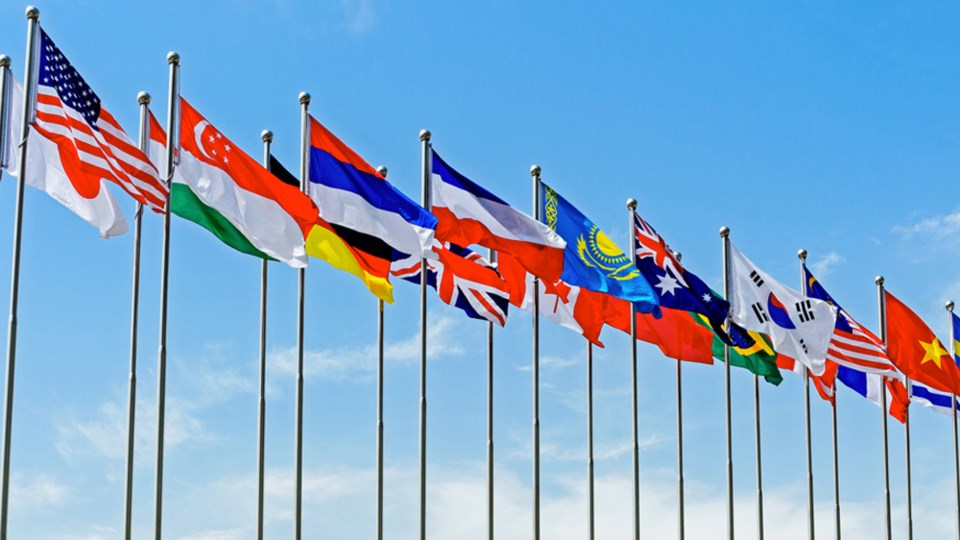By FABIOLA SÁNCHEZ

1 of 7
MEXICO CITY (AP) — While tortillas come to mind when Mexico is mentioned, every Jan. 6, Mexicans’ love of bread comes to the fore with the cutting of oval brioche decorated with candied fruit known as king cakes to celebrate Epiphany.
Just hours before Mexicans took their first slices, hundreds of shoppers packed amid the overwhelming smell of fresh-baked bread inside one of Mexico City’s oldest bakeries to buy their king cakes, known as “rosca de reyes.” The Ideal bakery, founded in 1927, inhabits the former San Francisco el Grande convent in the capital’s center.
Among the throng was Dalia Hernández, a 34-year-old homemaker who was thrilled to return to the bakery after steering clear last year due to the COVID-19 pandemic.
Despite rising infections again, capital authorities have so far allowed businesses like Ideal to continue welcoming customers. Mayor Claudia Sheinbaum did, however, cancel the tradition of the giant king cake sliced in the city’s central plaza for the second consecutive year.
“I really missed coming to the bakery,” Hernández said. “Last year, only my husband came, but this time we all came because it is part of a family tradition.” She said the tradition of the cakes has persevered because they are “part of our culture, our identity as Mexicans.”
The king cakes had their origins in 14th-century France and Spain and arrived to Mexico with the conquest.
Even though it is a seasonal treat eaten only during the early days of January, it’s something enjoyed by all levels of Mexican society, keeping demand high, said Oswaldo Tapia, chef for the company NTD Ingredients.
“The rosca de reyes is a traditional food that I believe would be unlikely to disappear because Mexicans are bread lovers,” said Tapia, who has been baking for three decades. Mexico has added its own touches, making it in an oval shape and often filling it with cream.



Sugar is sprinkled on traditional "Rosca de Reyes" pastries at Chef Francisco Vasquez's bakery the day before Epiphany, or Three Kings Day, in Mexico City, Wednesday, Jan. 5, 2022. (AP Photo/Fernando Llano)
Traditionally, Mexicans had decorated their king cakes with acitron, a candied element from a particular type of cactus. But the government prohibited that in 2005 due to the impact on the species. Other fruits are now substituted.
The figurine of a baby meant to represent a baby Jesus is hidden inside the cakes. The person who finds the figurine in their slice is supposed to buy tamales for everyone present on Feb. 2, another Christian feast day.
Inside the Ideal bakery Wednesday, Ana Morales, a 54-year-old businesswoman recalled running through the building’s patio as a child. Her family lived in an upper part of the building so she awoke each morning to the smell of baking bread.
“This place is fascinating, beautiful,” she said. “Coming today for a real rosca is to live a beautiful Kings’ Day.”
“The truth is whoever doesn’t eat rosca de reyes ... doesn’t know Mexico,” Morales said. “This is the taste of Mexico. It is a tradition and a privilege to be able to still savor bread.”
AP videojournalist Fernanda Pesce contributed to this report.

















/cloudfront-us-east-1.images.arcpublishing.com/tgam/23J5TXZ37FNOLP43XJJPC32BZM.jpg)
